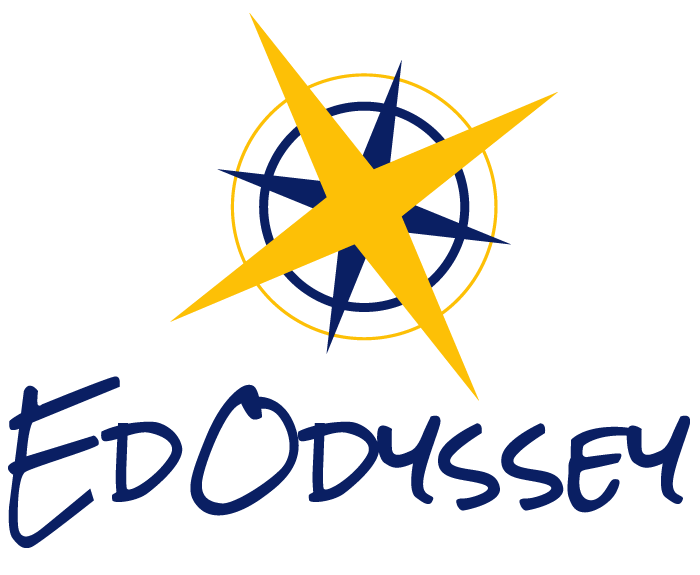Blog
Developing Your Study Abroad Personal Project: 3 Steps for Student Success
Studying a semester abroad can be one of the most important experiences of your life, and you’ll want to have a piece for your professional portfolio that differentiates you from other study abroad students and young professionals. When you walk away from this experience, you’ll come away with a unique project that showcases your passions and skills.
Four Reasons Why A Gap Year Makes Sense
If you are currently a senior in high school, you are going through the stressful college application process. What was something that never crossed my mind during the beginning of my senior year of high school? A gap year.
Search previous blogs here.

